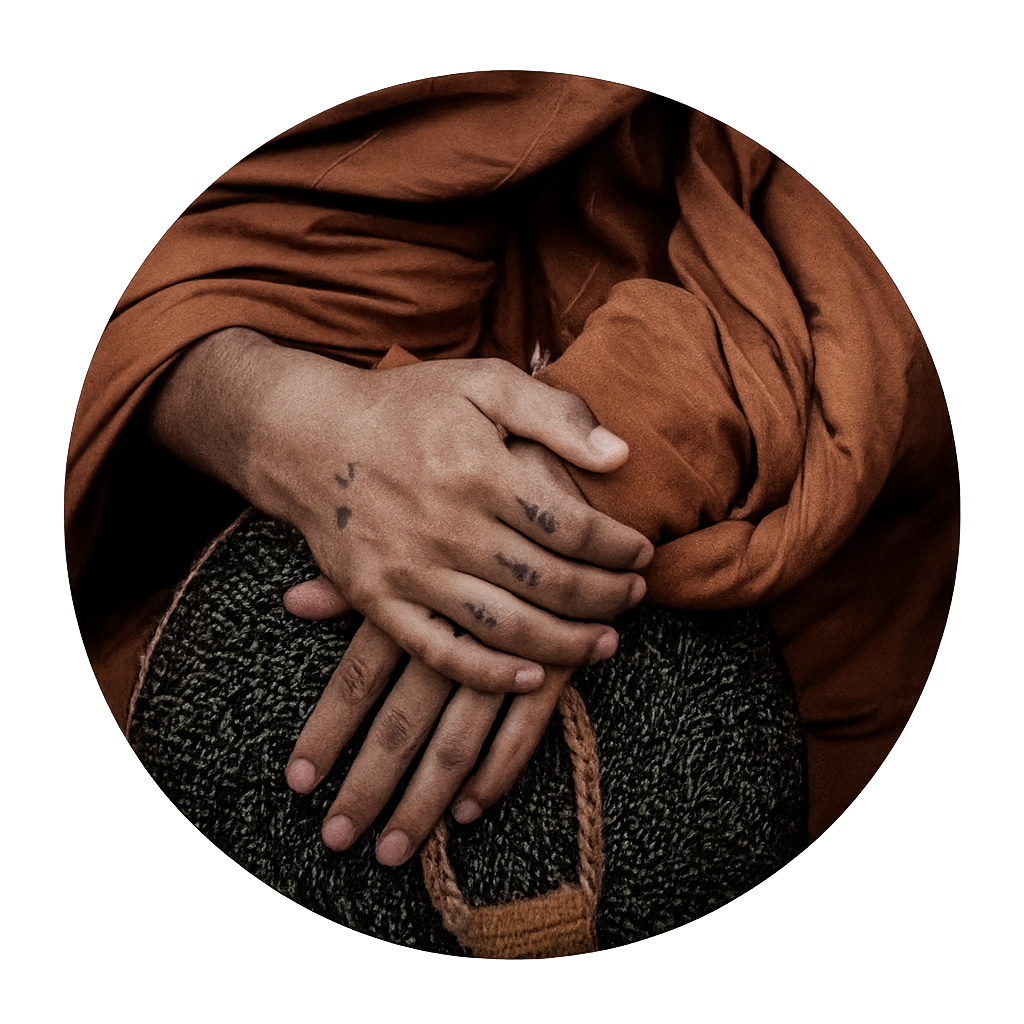THE POET MASTERS
Across centuries, mystic poets have carried the fire of remembrance — weaving words that are not merely read, but entered, lived, and breathed. Their verses are doors into silence, thresholds into the infinite.
In their songs, grief is transfigured, longing becomes prayer, and love is revealed as the very ground of being. They remind us that poetry is not ornament but revelation — a language born of direct encounter with the sacred.
Here you will find offerings from these poet-masters: voices ancient and timeless, whose words continue to awaken, console, and illuminate. They do not instruct so much as invite us into a deeper seeing, where the heart itself becomes the true text.
This gathering is not presented as scholarship but as devotion — a way of honoring those who have shown, through the radiance of words, what cannot be contained by words. May their lines serve as companions on your own journey into the vastness of love, silence, and presence.
These are most close to my heart
- Jalal al-Din Rumi (1207–1273) — Persian mystic, perhaps the most famous Sufi poet, known for The Masnavi and ecstatic verses of divine love.
- Hafez of Shiraz (1315–1390) — Persian poet whose ghazals weave longing, divine intoxication, and the mysteries of love.
- Omar Khayyam (1048–1131) — Persian polymath and poet, remembered for the Rubaiyat, blending mystical reflection with existential questioning.
- Rabia al-Adawiyya (713–801) — Early Sufi woman saint and poet from Basra, celebrated for her verses of selfless divine love.
- Attar of Nishapur (c. 1145–1221) — Author of The Conference of the Birds, a Persian allegorical masterpiece of the soul’s journey.
- Saadi of Shiraz (1210–1291) — Persian poet-philosopher, author of Bustan and Gulistan, weaving moral, mystical, and ethical teachings.
- Al-Hallaj (858–922) — Mystic poet known for his ecstatic utterances and martyrdom; author of verses expressing union with the Divine (“Ana al-Haqq”).
- Nizami Ganjavi (1141–1209) — Persian poet, famed for his romantic epics that carry mystical undertones.
- Ibn Arabi (1165–1240) — Andalusian-born Sufi philosopher-poet, known as Shaykh al-Akbar (“The Great Master”), blending visionary poetry with metaphysics.
- Fakhr al-Din Iraqi (1213–1289) — Sufi poet whose Divine Flashes (Lama‘at) unite poetry and philosophy.
- Jami (1414–1492) — Last great classical Persian Sufi poet, weaving mysticism, love, and philosophy.
- Mahsati Ganjavi (12th century) — Female Persian poet, noted for her quatrains with mystical and philosophical dimensions.
